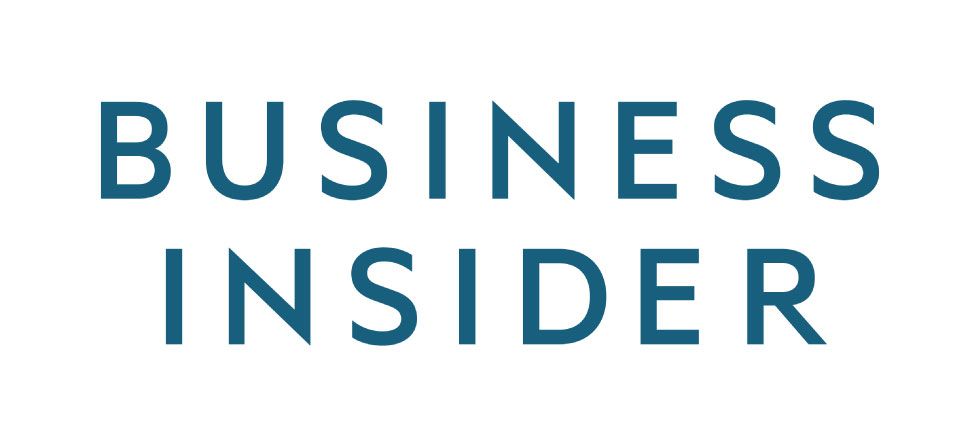
As Featured In
Rated 5 stars





As Featured In





Rated 5 stars
What makes Foxquilt different?

Tailored To Your Business

Create Your Policy In Just A Few Taps

Only Pay For What You Need
Rated 5 stars by business owners
See why other business owners, just like you, love Foxquilt's smarter coverage, 5-star service and insurance built for them.

Quickest and easiest insurance I’ve ever gottenread more

The form was easy to complete to get a quote...This was a quick and easy process, and the prices are fair and affordable. I'm really happy with the whole process.read more

So easy to get a quote and amazing prices. Would recommend to anyone trying to get your small business insurance for the first time.read more

Get your bond setup now through Foxquilt!
What are Surety Bonds for Businesses?
A surety bond is between two parties and is based on a contractual relationship. The party named obligee may draw upon the bond to cover any costs, losses, or damage incurred by a failure of the other party to perform according to the terms of the agreement. Unlike traditional insurance, any amount the surety pays out on an obligee’s behalf, the surety expects to be repaid by the other party.
Who Needs Surety Bonds?
Providers participating in the Confident Remodels network are contractually required to hold a surety bond naming Confident Remodels as the obligee.
How Do Surety Bonds Differ From Other Insurance Coverages?
Surety bonds are different from typical insurance

A common misconception with surety bonds is how they differ from typical insurance. To clarify, when a claim happens, your typical insurance coverage will protect the business owner from loss. With surety bonds, when a claim occurs where the principal has failed to complete or meet obligations, the bond protects the obligee through reimbursement.
Frequently Asked Questions
What Can Affect the Price of Surety Bonds?
Surety bond pricing is primarily determined by the applicant’s credit profile, as the premium is risk-based. Strong credit signals lower risk to the surety and typically results in more favorable rates, while weaker credit can increase costs.
When Should Businesses Purchase Surety Bonds?
Bonds are often required by contracts; they should be purchased before starting any work. Depending on the type of bond, the financial state of the organization will be underwritten to ensure the principal has the ability to fulfill the obligation.
